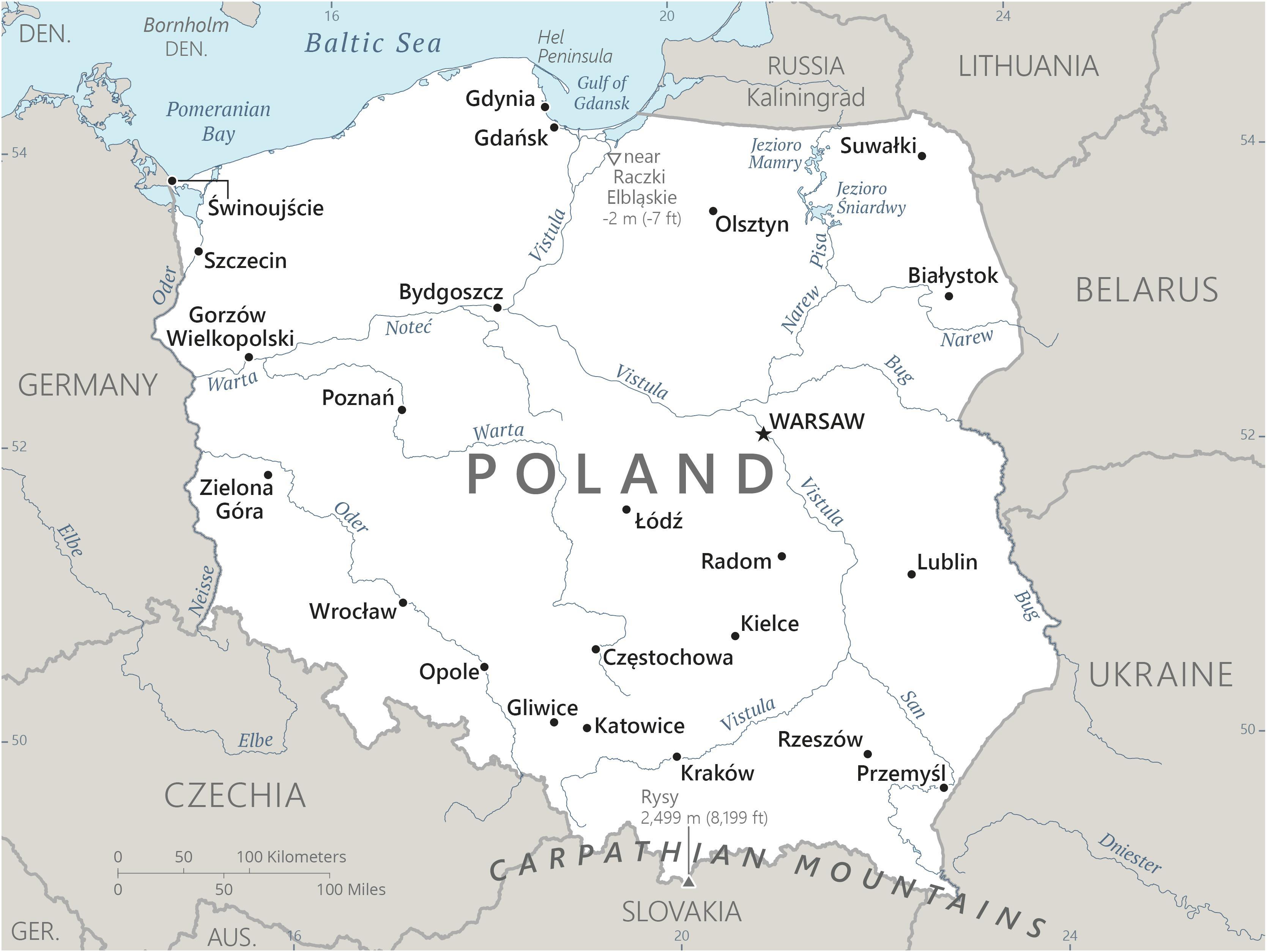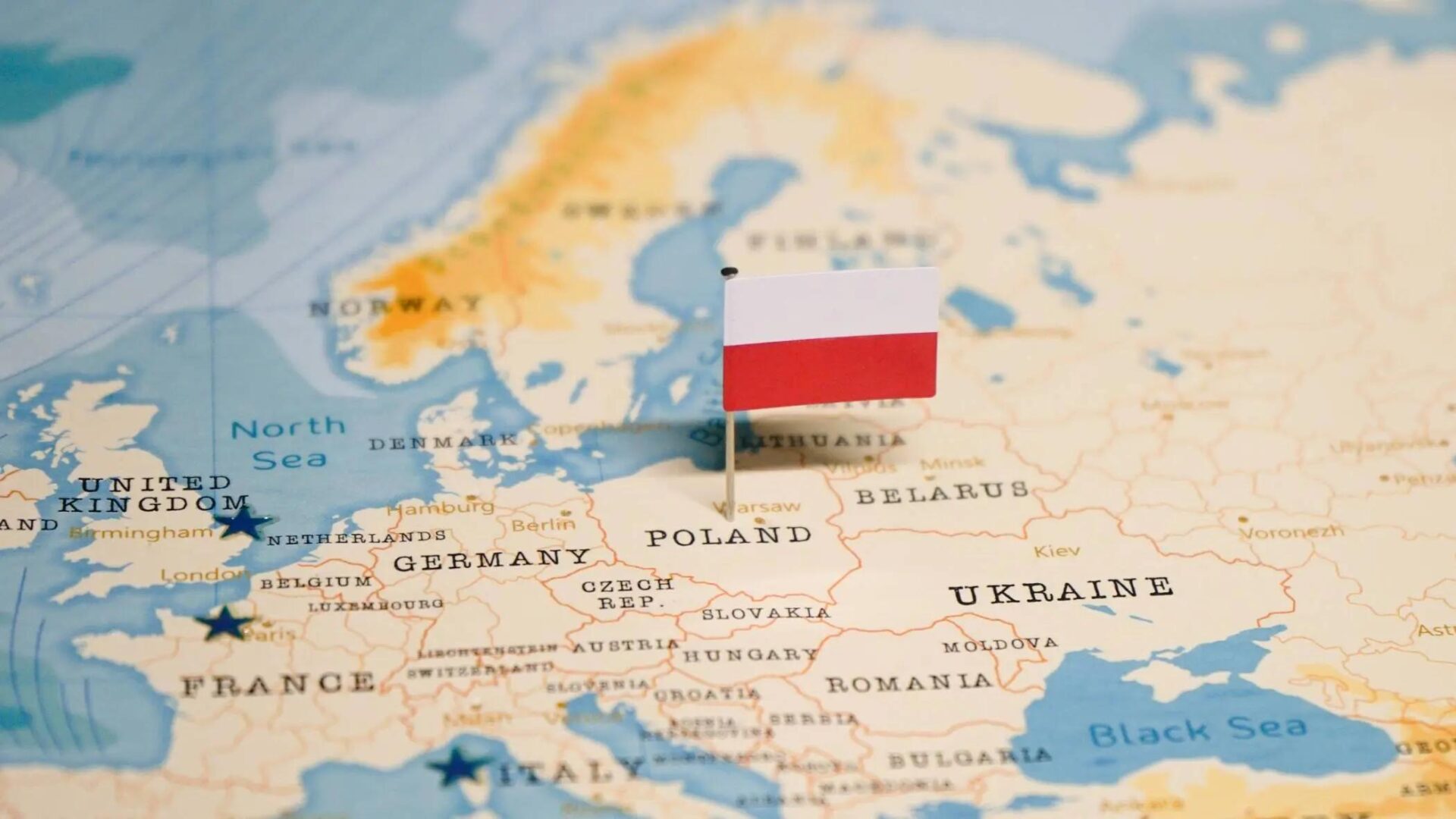Poland’s Crackdown on suspected Russian Saboteurs Raises Alarm
In a important move to bolster national security, authorities in Poland have detained 32 individuals believed to be involved in a coordinated effort to undermine the country’s infrastructure at the behest of Russian operatives. This crackdown has raised eyebrows not only within the borders of Poland but also across the European Union, as tensions with Russia continue to escalate in the wake of ongoing geopolitical strife. The detainees are suspected of engaging in activities that jeopardize public safety and security, including:
- Surveillance of critical infrastructure
- Planning acts of sabotage
- Gathering intelligence for foreign agents
Polish authorities have emphasized the importance of vigilance as they navigate these complex threats.The government’s swift action comes amidst heightened concerns over Russian influence and a series of destabilizing incidents across Europe. Officials are now urging local communities to remain alert for any unusual activities and to report any suspicious behavior. This initiative highlights a broader commitment by NATO members to address vulnerabilities and improve collective security in a climate fraught with uncertainty.

The Implications of Alleged Coordination with russia for National Security
Recent developments in Poland, wherein 32 individuals have been detained on suspicion of coordinating with Russian operatives for potential sabotage activities, raise significant concerns regarding national security. The alleged ties to Russia, a nation frequently implicated in undermining democratic processes and fostering discord within NATO member states, highlight the intricacies of espionage in a modern geopolitical landscape. The implications of this coordination are profound, as they expose vulnerabilities not just within Poland, but across the entire region, where trust in the integrity of networks and institutions is paramount.
This situation prompts a reassessment of several key areas related to national security, including:
- Intelligence Gatherings: Enhanced monitoring and intelligence-sharing mechanisms with allied nations may be required to preempt similar incidents.
- Public Awareness: Informing citizens about the risks of foreign influence can bolster community resilience against subversive activities.
- Policy formation: Legislative measures may need to be reviewed or introduced to address the potential for foreign interference in national affairs.
As investigations continue, it is indeed imperative for Polish authorities to maintain openness to foster public trust, while also demonstrating a robust stance against foreign interference.These measures will play a crucial role in reinforcing national security amidst a rapidly evolving threat landscape.

Investigating the Network: Insights into the Detainees and Their Activities
In a recent development, Polish authorities have detained 32 individuals suspected of engaging in coordinated activities aligned with Russian interests, raising significant concerns over national security.These detainees, whose backgrounds and affiliations are under scrutiny, are believed to have been part of a broader network involved in planning acts of sabotage throughout the country. The investigation,lead by the Internal Security Agency,highlights the pervasive threat posed by external influences seeking to undermine Poland’s stability and sovereignty.
The profile of the detainees varies widely, suggesting that the network may encompass a range of operatives, from local activists to more organized cells with ties to foreign entities. Key insights gained from preliminary interrogations reveal:
- Interaction channels: Many of the suspects reportedly relied on encrypted messaging apps for coordination.
- Financial Motivations: Some detainees may have received funding from undisclosed sources linked to Russian entities.
- Targeted Locations: Investigations indicate a focus on critical infrastructure such as energy facilities and transportation hubs.
As the inquiry continues, authorities are emphasizing the importance of vigilance against foreign interference. The revelations from this investigation not only shed light on the potential threats facing Poland but also echo concerns shared by other nations grappling with similar issues of espionage and sabotage orchestrated from abroad.

Recommendations for Strengthening Poland’s Defense Against Hybrid Threats
In light of recent developments regarding the detention of individuals suspected of collaborating with foreign agents for subversive activities, it is imperative for Poland to reinforce its defense mechanisms against hybrid threats. This can be achieved by implementing a comprehensive approach that combines legislation, technology, and community engagement. Key measures may include:
- Enhancing Cybersecurity Protocols: Establishing robust frameworks for identifying and mitigating cyber threats, incorporating advanced technologies such as artificial intelligence and machine learning to detect anomalies in real-time.
- Strengthening Intelligence Sharing: Fostering closer cooperation with NATO allies and EU partners to share intelligence regarding suspicious activities and potential threats, creating a unified front against external aggressors.
- Public Awareness Campaigns: Launching initiatives aimed at educating citizens about hybrid threats, encouraging vigilance and reporting of suspicious behavior that might signify espionage or sabotage.
Moreover, enhancing legislative frameworks to allow for proactive measures against hybrid warfare tactics is essential.This can include:
- Legislative Reforms: Amending existing laws to facilitate faster response mechanisms involving law enforcement and military authorities when hybrid threats are identified.
- Investment in Research: Allocating resources for studies on hybrid warfare tactics to continuously update defense strategies in alignment with evolving threats.
- Community Resilience Programs: Establishing local programs that empower communities to understand and combat misinformation and propaganda, thereby strengthening societal resilience.
